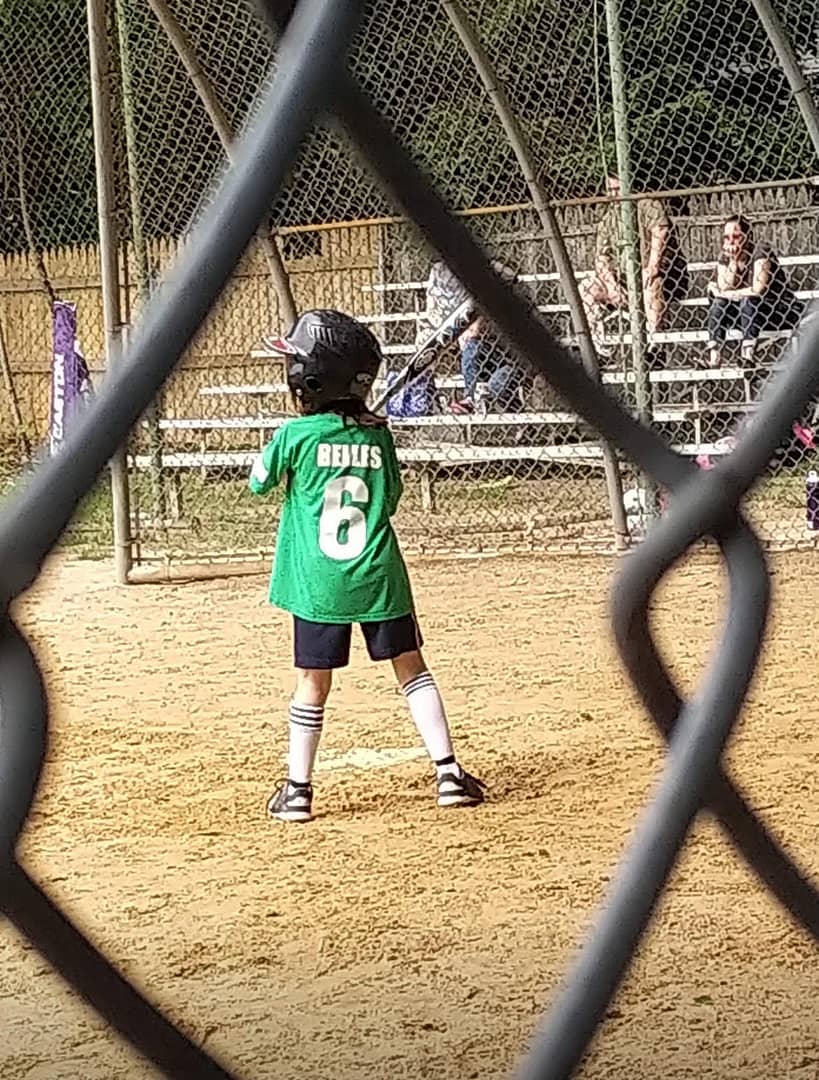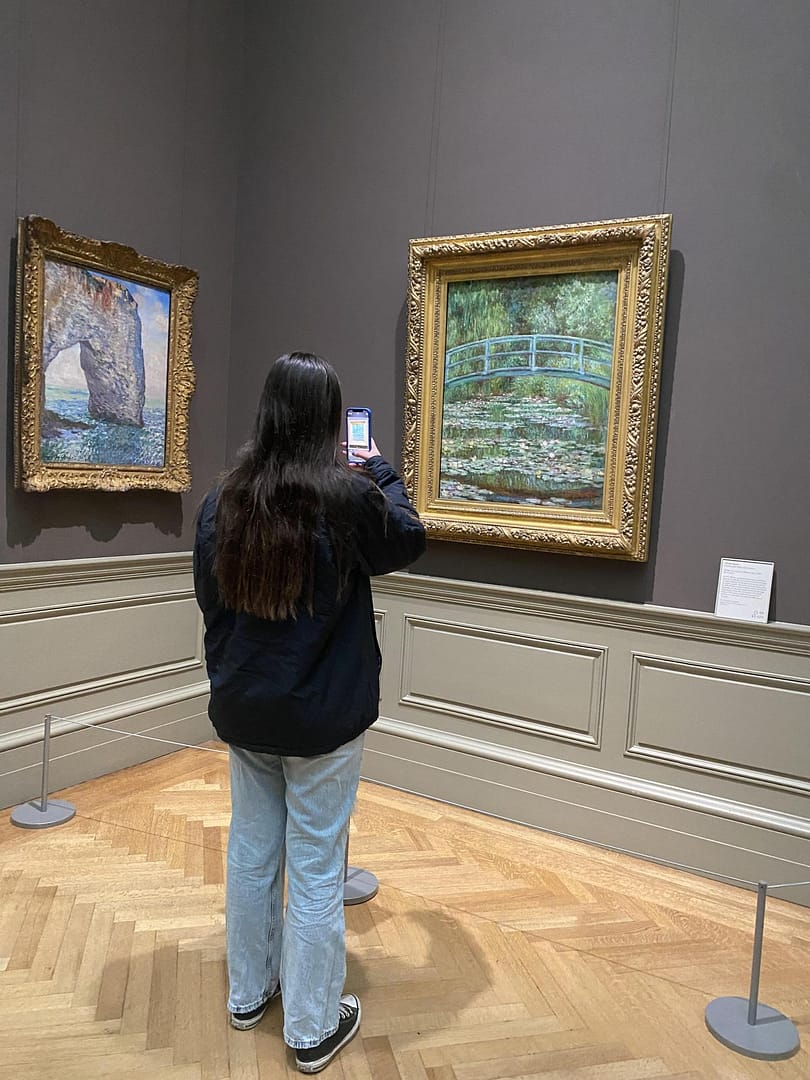A man walks into the woman’s bathroom. He feels weird, uncomfortable. It’s a familiar place, yet he knows he does not belong there. Why does he feel this way? He is trans. He lives in Utah, one of the states that has mandated that people who use public bathrooms must use the one of the sex they were assigned at birth—except that demeans the gender identity he calls himself. Though this is a fictional example, real transgender people may have been born without the genitals of their identity, yet in their hearts, they know who they are and where they belong. Why should the government dictate where they may relieve themselves? Instead, the government should ensure that gendered and gender-neutral options are available for transgender individuals to use the bathrooms where they are comfortable.
Regardless of individuals’ personal beliefs, transgender people do exist. People have been sure about their existence since the mid-twentieth century, according to the database Gale’s Opposing Viewpoint Online Collection’s article “Transgender Equality.” It details the distinction between sex, which relates to chromosomes and reproductive organs, and gender, which describes how a person identifies themself in society. The word “themself” is also a new term to embrace the wide range of possible genders that can be experienced outside the previously considered conventional male/female system. A cisgender (cis for short) person’s gender matches their sex while a transgender (trans) person’s does not.
Now, why are these bathroom policies considered necessary? According to the New York Times, Utah Governor Spencer Cox signed a bill in January 2024 to restrict the use of public bathrooms with a male or female designation to people of that sex, unless they had gone through the expensive and lengthy processes of gender-affirming surgery and changing the sex on their birth certificates. Proponents of bills such as this argue that allowing people to use the bathroom of their choice enables predatory cis men to enter women’s private spaces under the guise of being transgender to commit sexual crimes against them. Cox claimed that “we want public facilities that are safe and accommodating for everyone and this bill increases privacy protections for all.”
However, these laws are redundant. According to Attorney Clay White’s article “Indecent Exposure: Laws & Penalties” on the website Criminal Defense Lawyer, states already have laws against indecent exposure, and bathrooms are not usually excluded from them. Additionally, it would be unreasonable for other laws that prohibit rape and other crimes to not apply to bathrooms.
Even if a cisgender individual wishes not to accidentally see the opposite sex’s genitals, these laws are still unnecessary. Through my experience as a cisgender male, I have never seen another person’s exposed groin in the restroom regardless of their identity. Don’t look at other people’s pants if you do not wish to see what is in them. Even if there happened to be a glance in that direction, it is unlikely for anyone to see any genitals as stalls prevent people from seeing them when they are exposed, nor can trans men cannot use a urinal without surgery or assistive tools. Stall doors do tend to give too much space between them and the floor, though, so this may be a good opportunity to bring them to the same standards as European ones. However, that is a debate for another time.
More than logical reasons, the ability of transgender people to use the bathroom of their choice is a civil rights issue. These laws effectively ban transgender people from using their preferred bathroom, just like segregation before the African American Civil Rights Movement of the 1960s. Just like racists harmed non-white people, transphobes harm the mental and physical well-being of trans people. This is also compounded by the possibility of gender dysphoria, a harmful condition involving high stress, anxiety, and depression in transgender youth, according to “Transgender Equality.” Allowing people to use the bathroom of their identity may help someone feel accepted. Not doing so harkens back to the “separate but equal” rhetoric of the since-overturned 1896 Plessy v. Ferguson Supreme Court decision.
Additionally, existing civil rights legislation has already been used to support the rights of transgender individuals. According to “Transgender Equality,” under Presidents Obama and Biden, the Departments of Education and Justice were instructed to do what they could to protect the rights of trans people. In two landmark decisions in 2020, the Supreme Court ruled that Title VII of the Civil Rights Act of 1964 applied to sexual orientation and gender identity. In 2021, the Washington Post reported the Supreme Court refused to hear a case regarding school bathrooms, deferring to the U.S. Court of Appeals for the 4th Circuit, which had previously used the Supreme Court’s decision to allow trans people to use the bathroom they feel most comfortable with.
Author and transgender activist Jackson Bird has described his experience with bathrooms in the chapter “A Trans Guy on Adjusting to Men’s Bathroom Culture” in his memoir Sorted: Growing Up, Coming Out, and Finding My Place. He laments, “So many US states keep yo-yo-ing on whether transgender people are allowed to use the restroom that matches their gender that I literally have to google my pee rights anytime I travel to another state or simply have a layover.” No one should have to do this. Even if a person worries that a cis man could abuse the system to abuse cis women, Bird explains this is no excuse to make an already struggling group suffer more: “…since when would a law stop someone who’s already intent on breaking it?” These laws must be based on transphobia; otherwise, they would not even be considered.
Unfortunately, this wave of laws across the nation is part of a conservative attack on all things LGBTQ+, fueled by a misconstruction of religion. Considering President Trump’s not-so-friendly stance on transgender people and his actions during his first term, amplified by conservative control of Congress and the Supreme Court, the outlook for transgender rights, including bathroom privileges, may appear grim. However, our nation has gone through many dark times relating to our civil rights history. In time, people will come to accept the trans community. Instead of using religion to attack people, people will see that it is meant to bring people together and love each other. No benevolent God or gods would want their followers to turn on one another.
The government’s purpose is to protect the rights and interests of all its citizens, including civil ones like the ability to express ourselves in public. The government should work to promote equality at home while enacting its policy advocating for peace and justice abroad, not wasting time hung up on a fabricated bathroom issue.
Works Cited
Barnes, Robert. “Supreme Court will not hear transgender bathroom rights dispute, a win for Virginia student who sued school for discrimination.” Washington Post, 28 June 2021. Gale In Context: Opposing Viewpoints, link.gale.com/apps/doc/A666684215/OVIC?u=wayne&sid=bookmark-OVIC&xid=209726ea. Accessed 1 April 2025.
Bird, Jackson. “A Trans Guy on Adjusting to Men’s Bathroom Culture.” Advocate, S&S/Simon Element, 24 September 2019, https://www.advocate.com/books/2019/9/24/trans-guy-adjusting-mens-bathroom-culture. Accessed 27 March 2025.
Edmonds, Colbi. “Utah Sets Restrictions on Transgender People’s Bathroom Use.” New York Times [Digital Edition], 31 Jan. 2024. Gale In Context: Opposing Viewpoints, link.gale.com/apps/doc/A781045620/OVIC?u=wayne&sid=bookmark-OVIC&xid=d4d73394. Accessed 21 March 2025.
“Transgender Equality.” Gale Opposing Viewpoints Online Collection, Gale, 2024. Gale In Context: Opposing Viewpoints, link.gale.com/apps/doc/PC3010999114/OVIC?u=wayne&sid=bookmark-OVIC&xid=da0a39ae. Accessed 1 April 2025.
White, Clay. “Indecent Exposure: Laws & Penalties.” Criminal Defense Lawyer, NOLO, 30 November 2022, https://www.criminaldefenselawyer.com/crime-penalties/federal/Felony-Indecent-Exposure.htm. Accessed 21 March 2025.
*Editorials are the opinions of the writers and not the opinions of Wayne Public Schools





